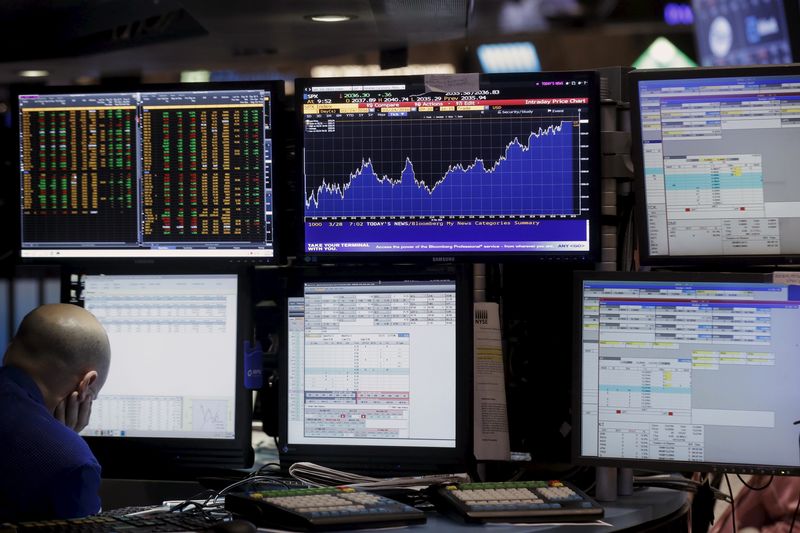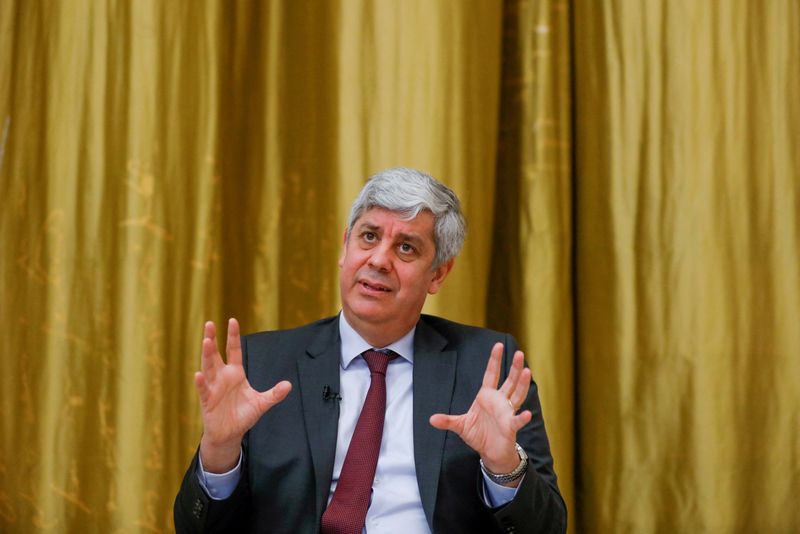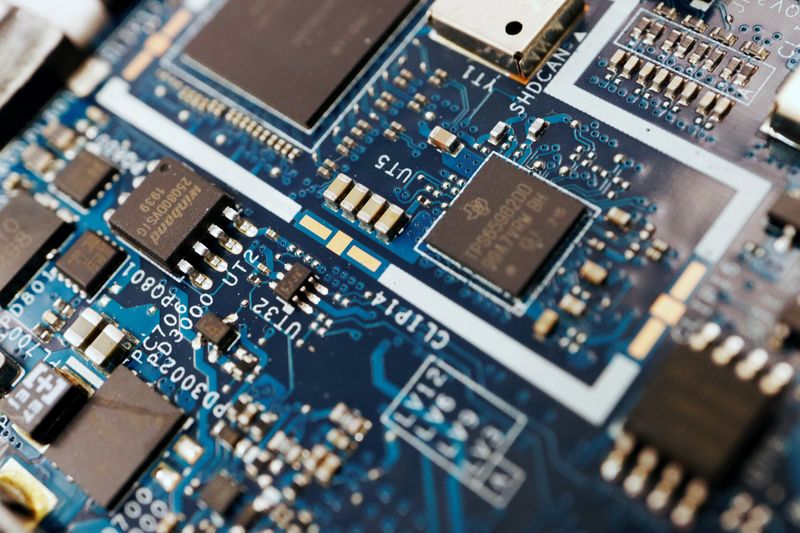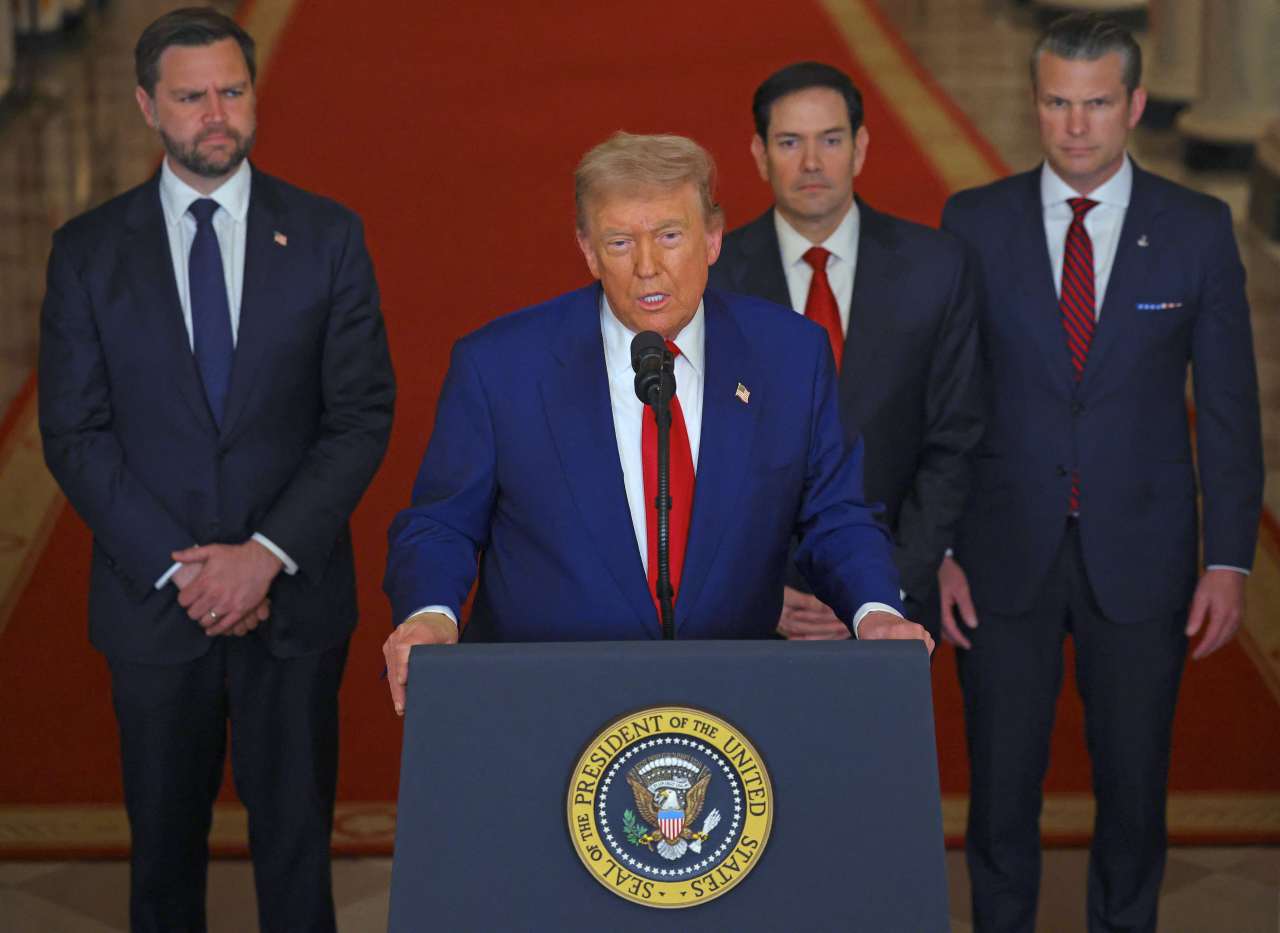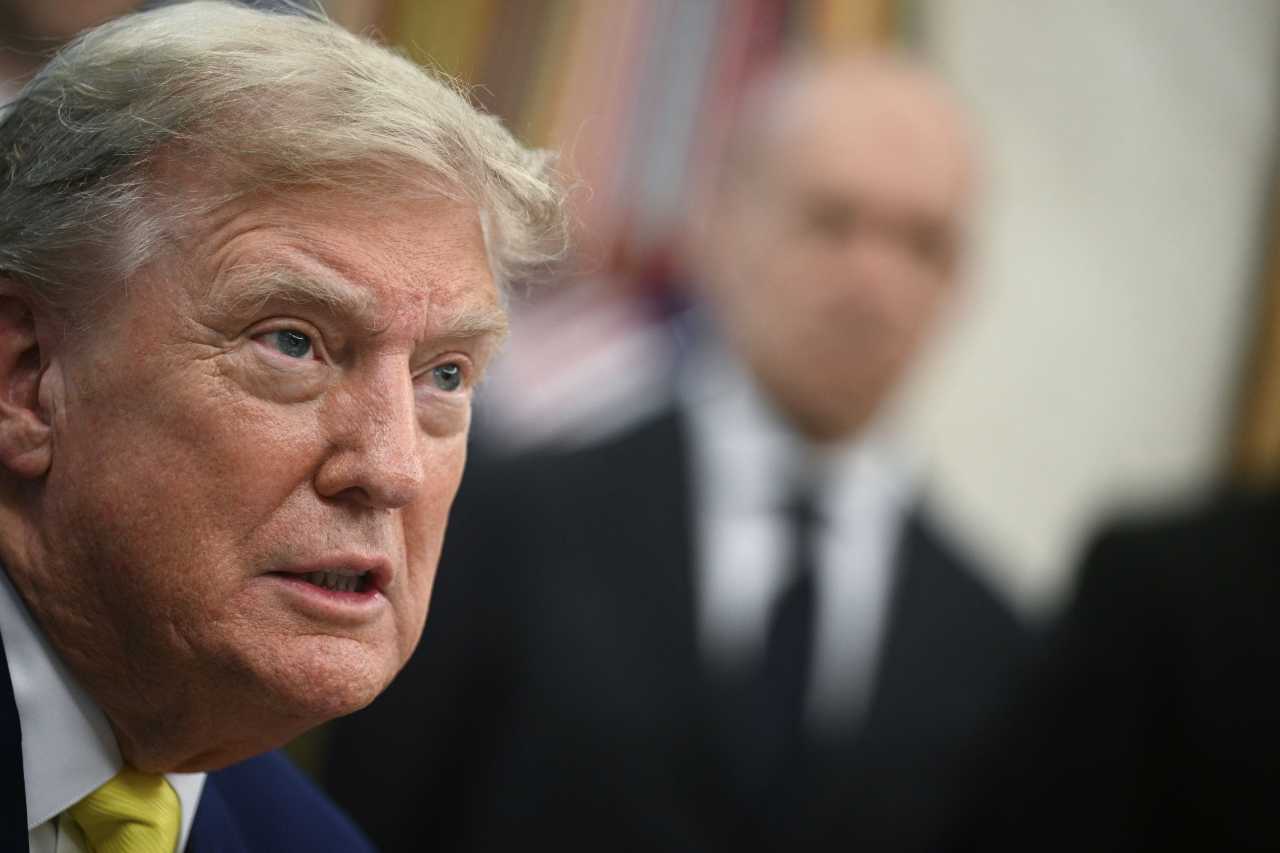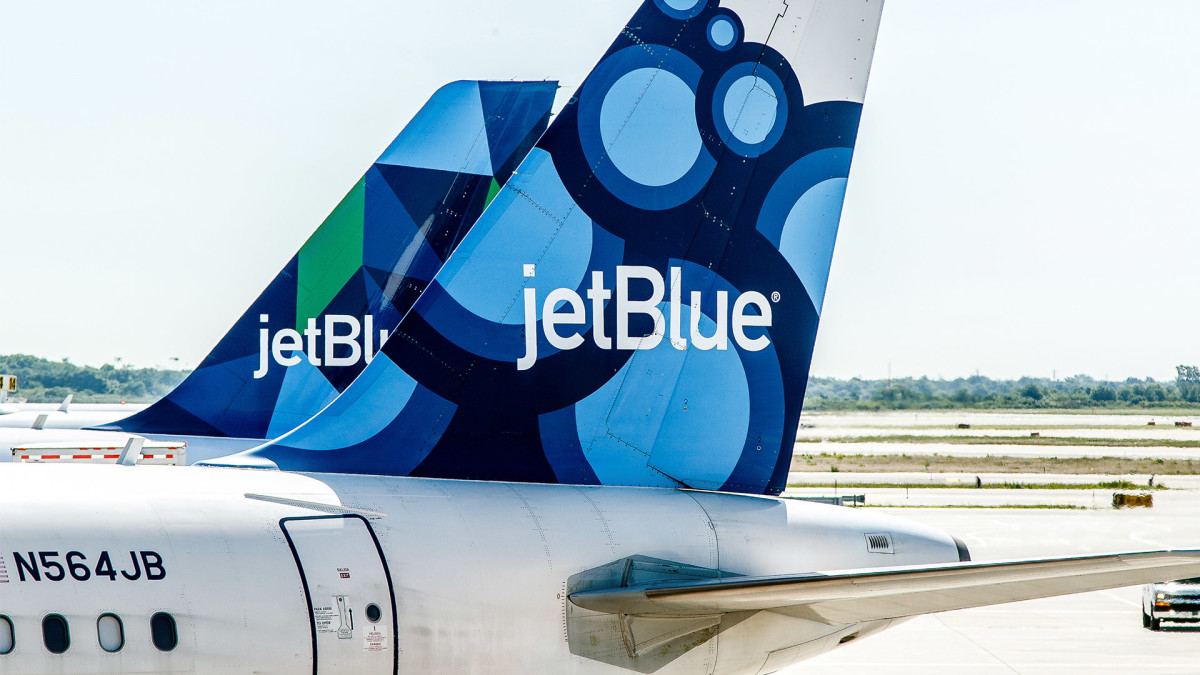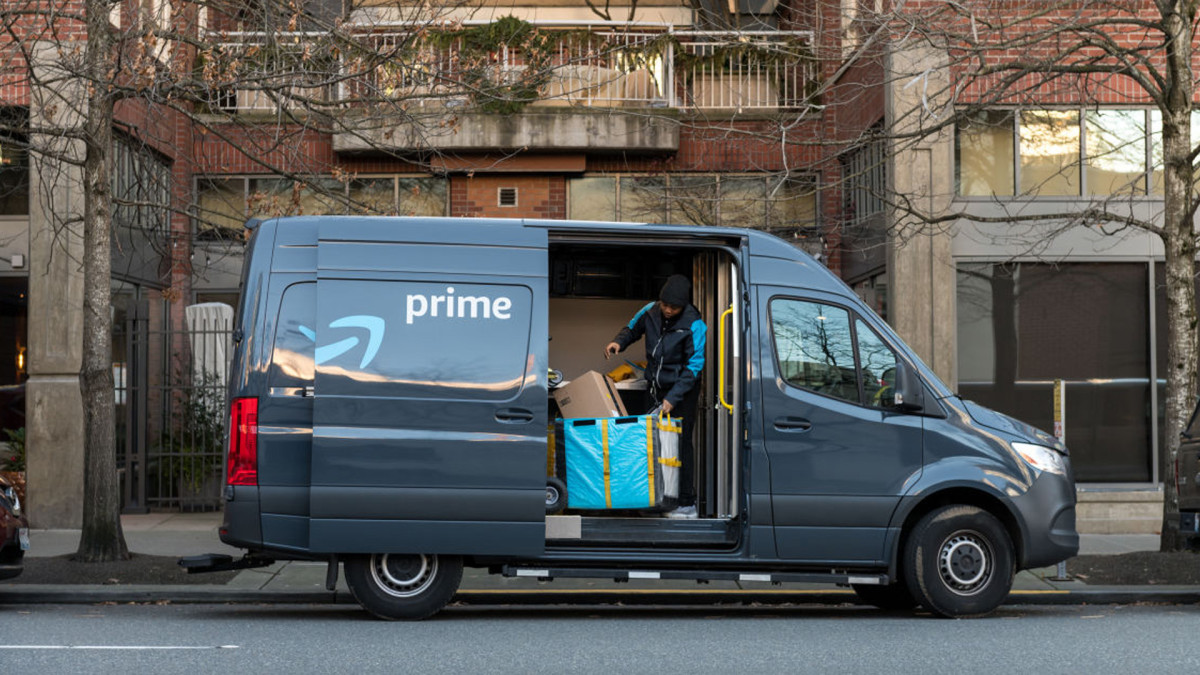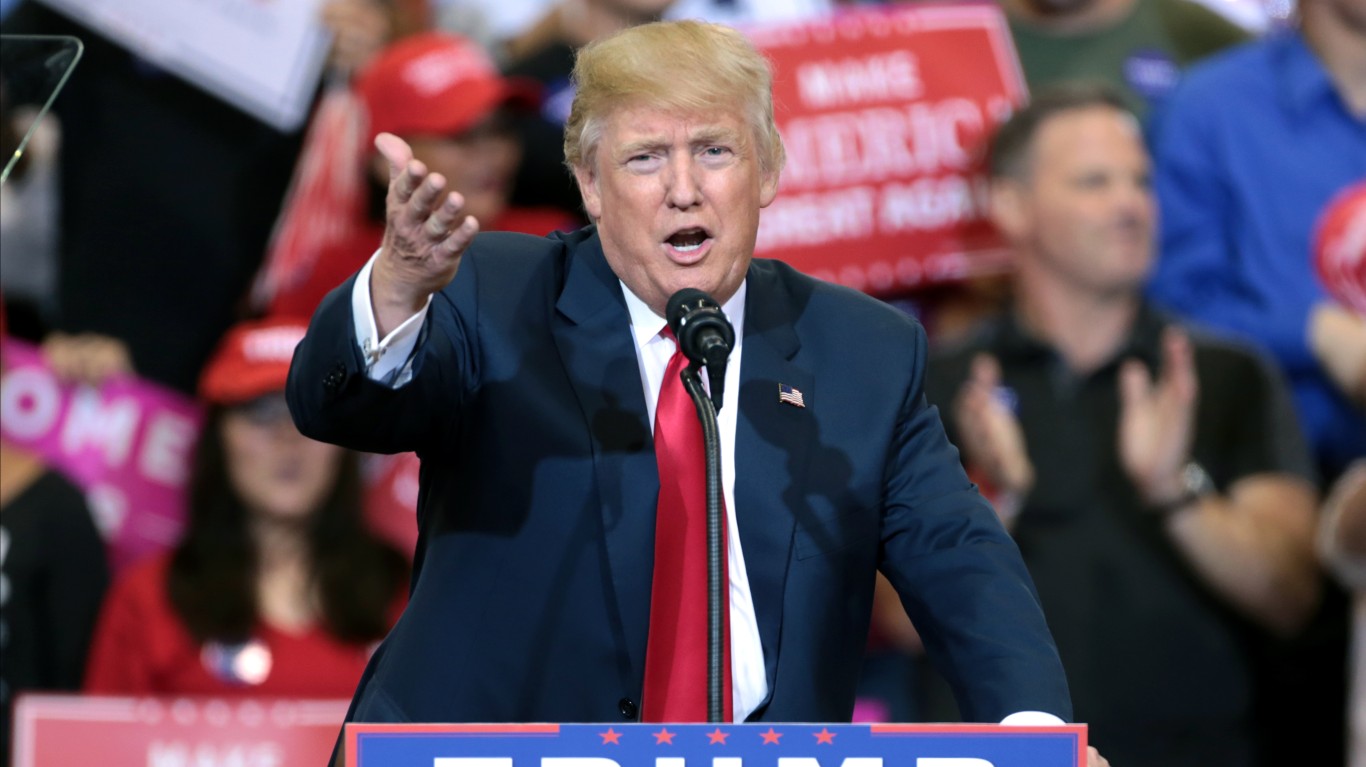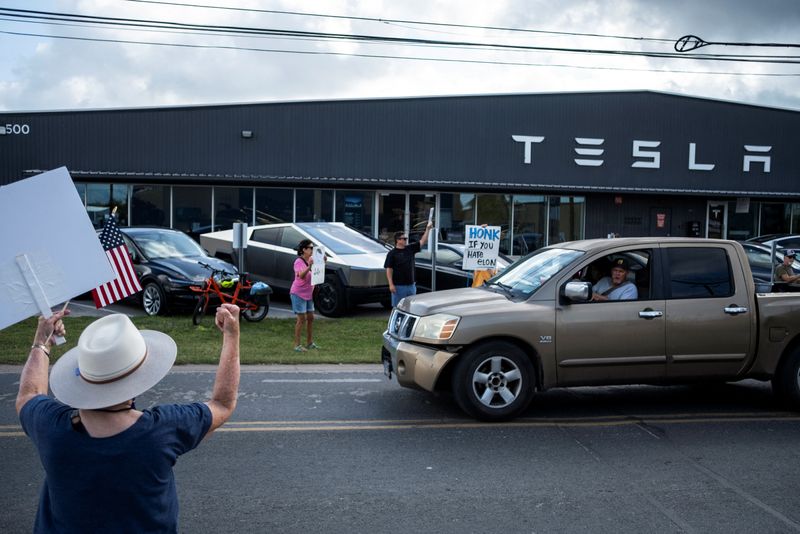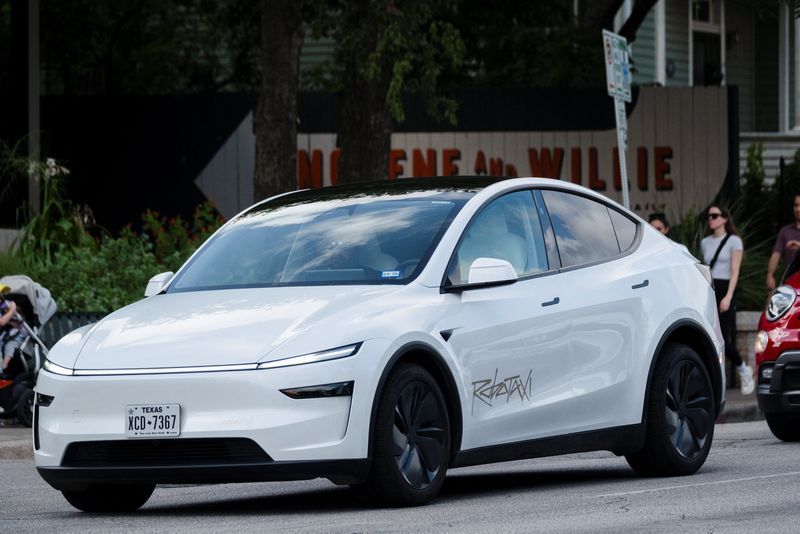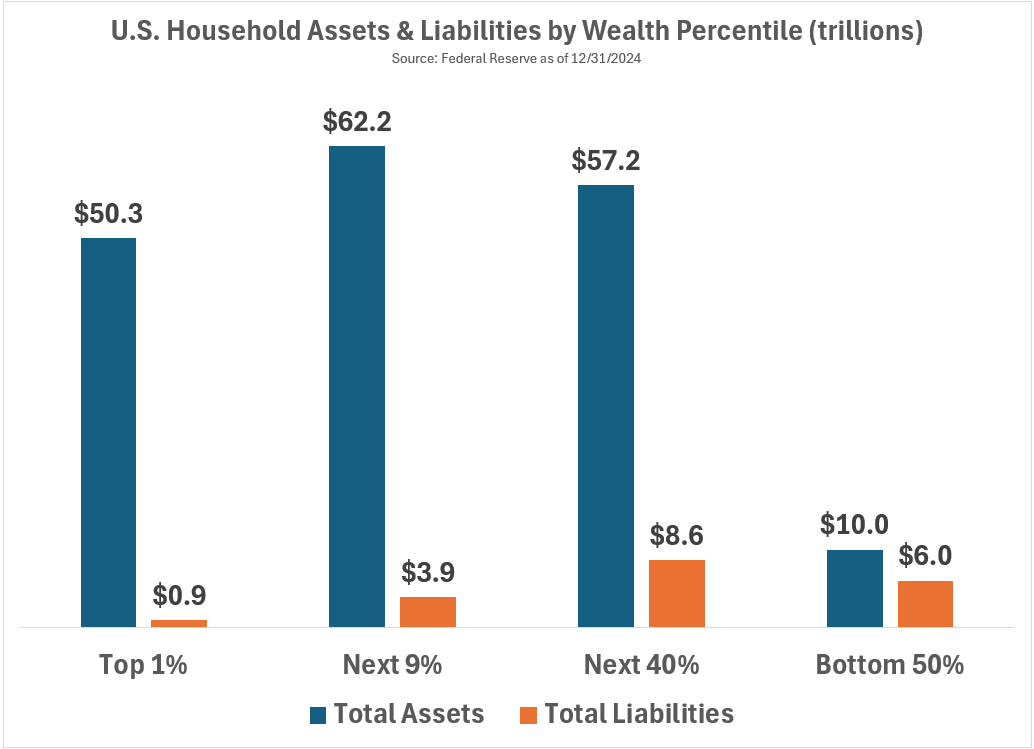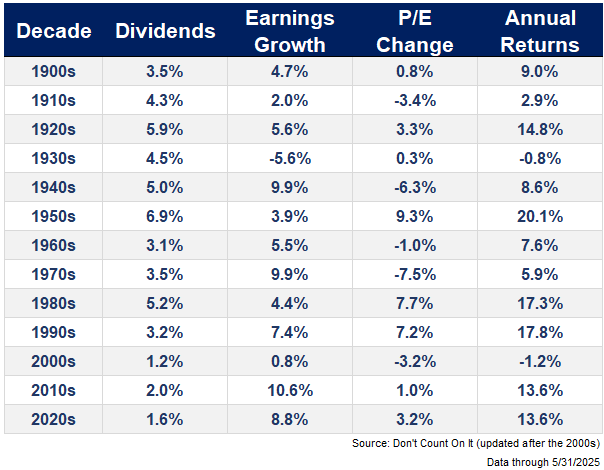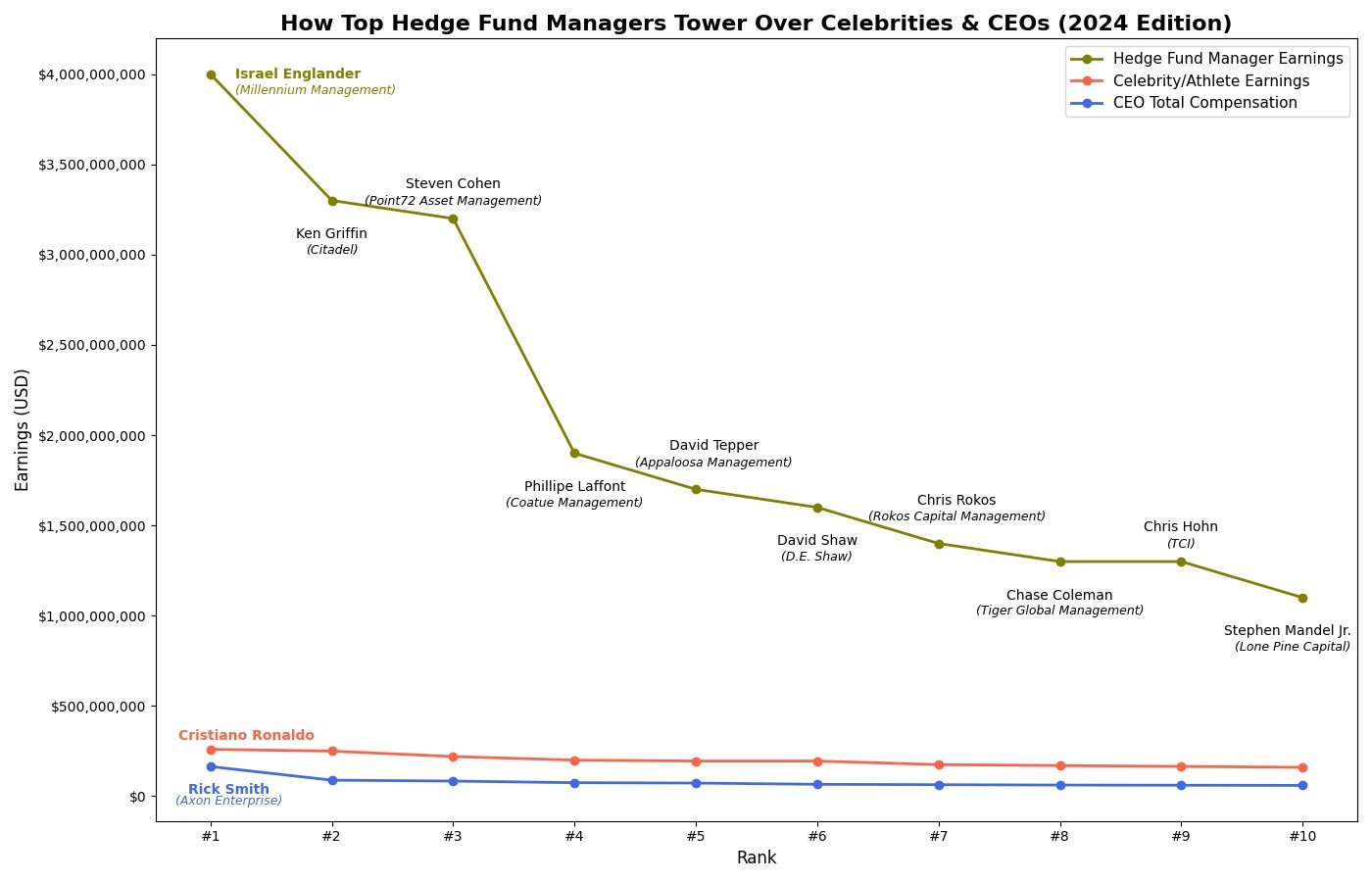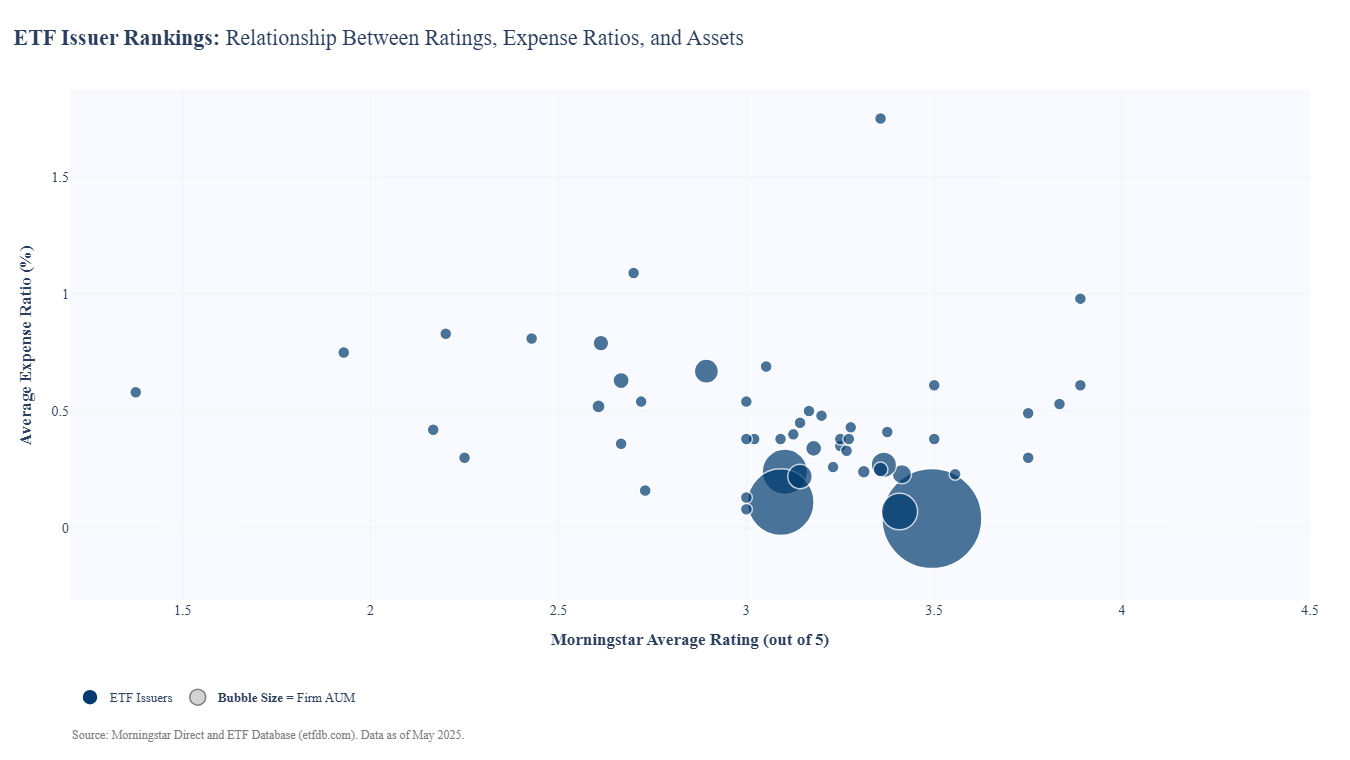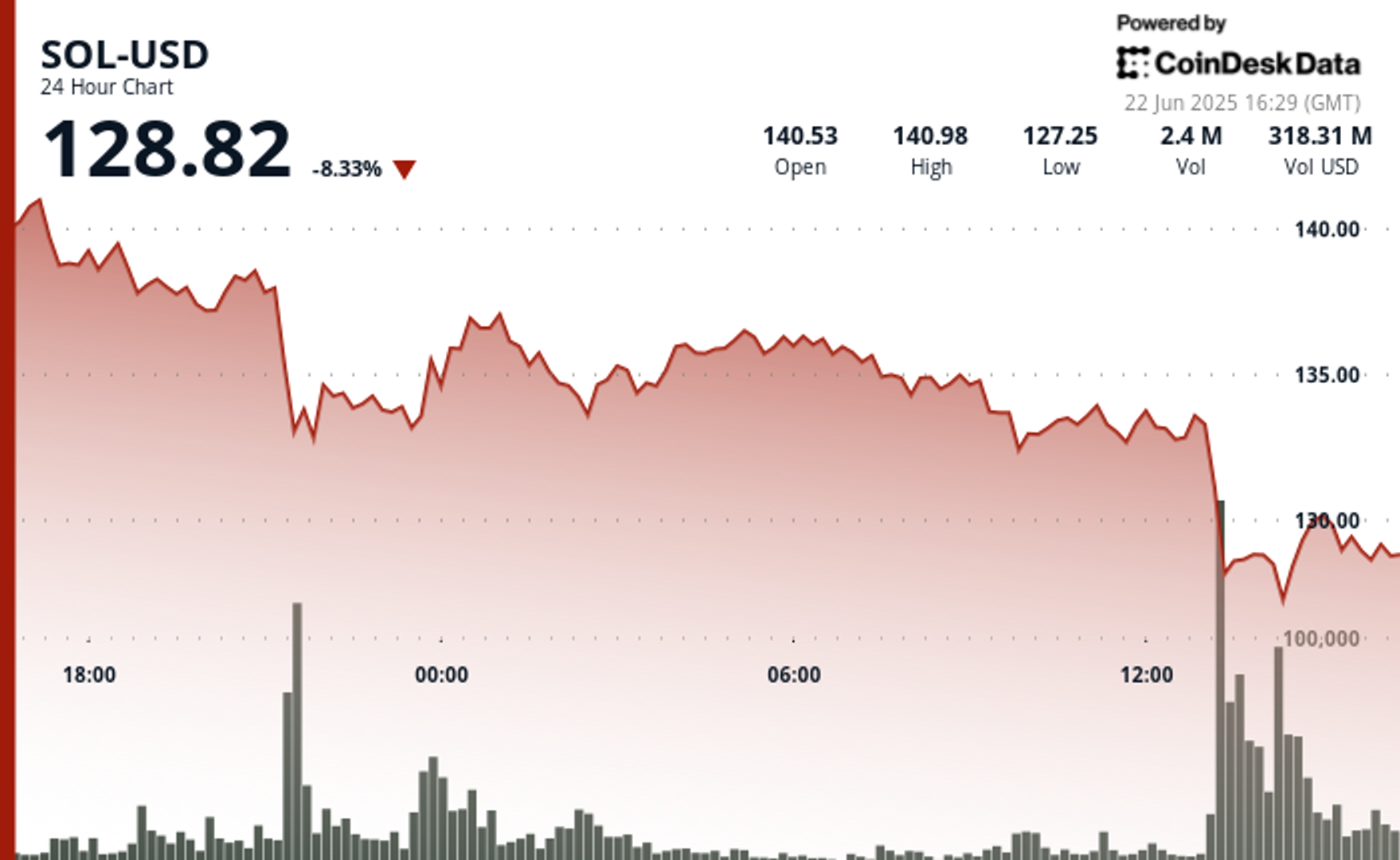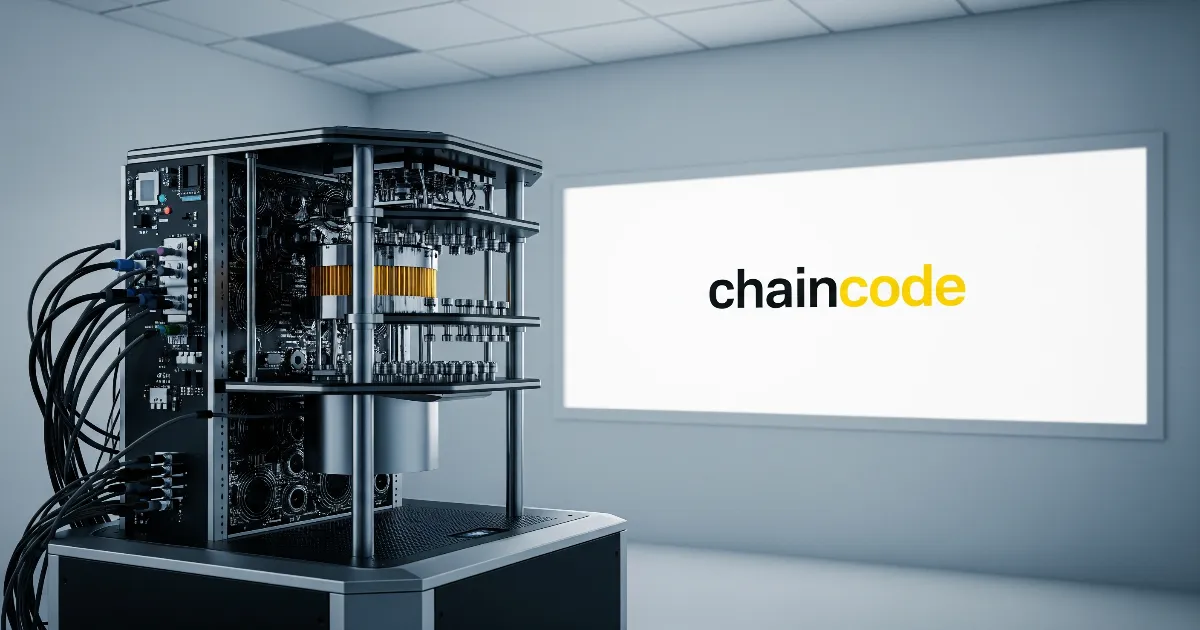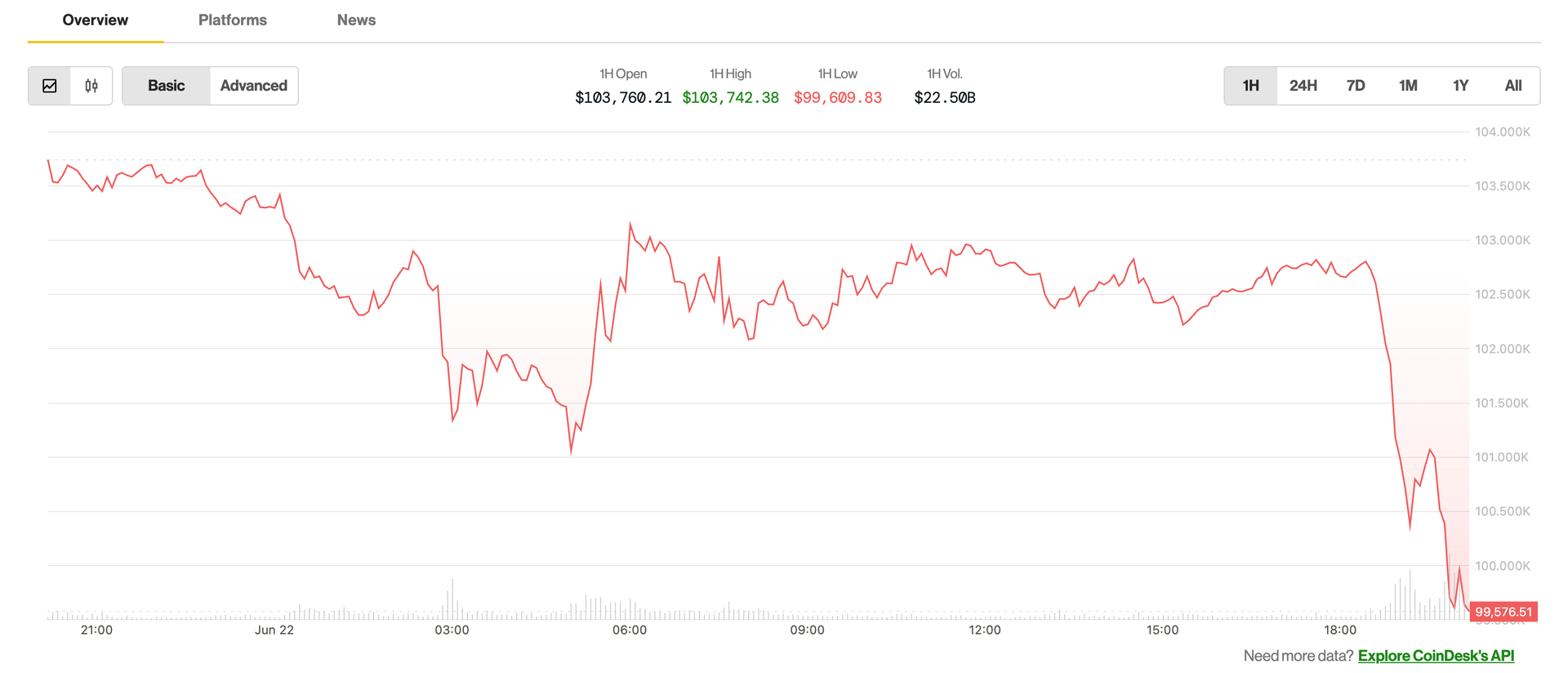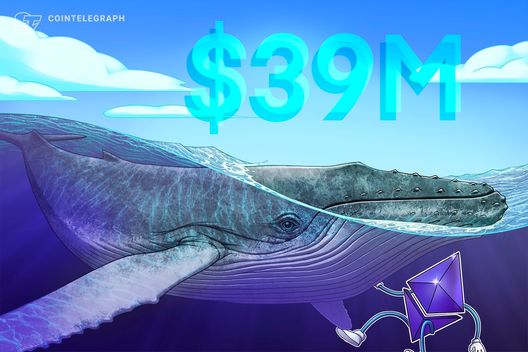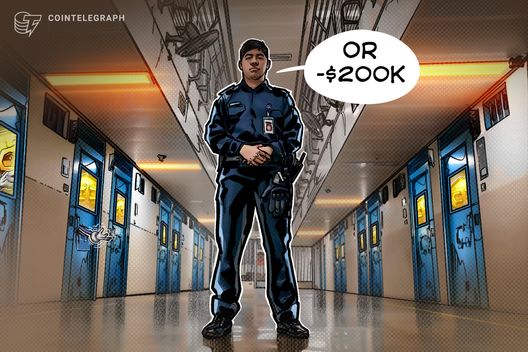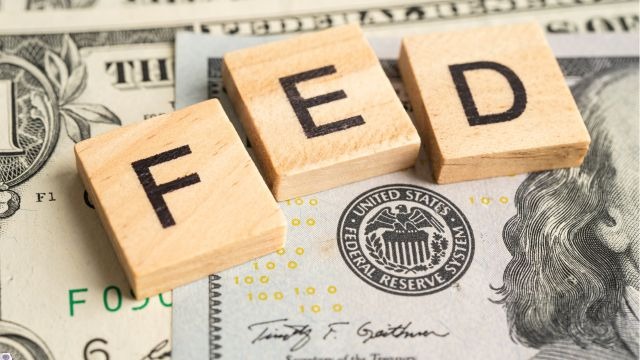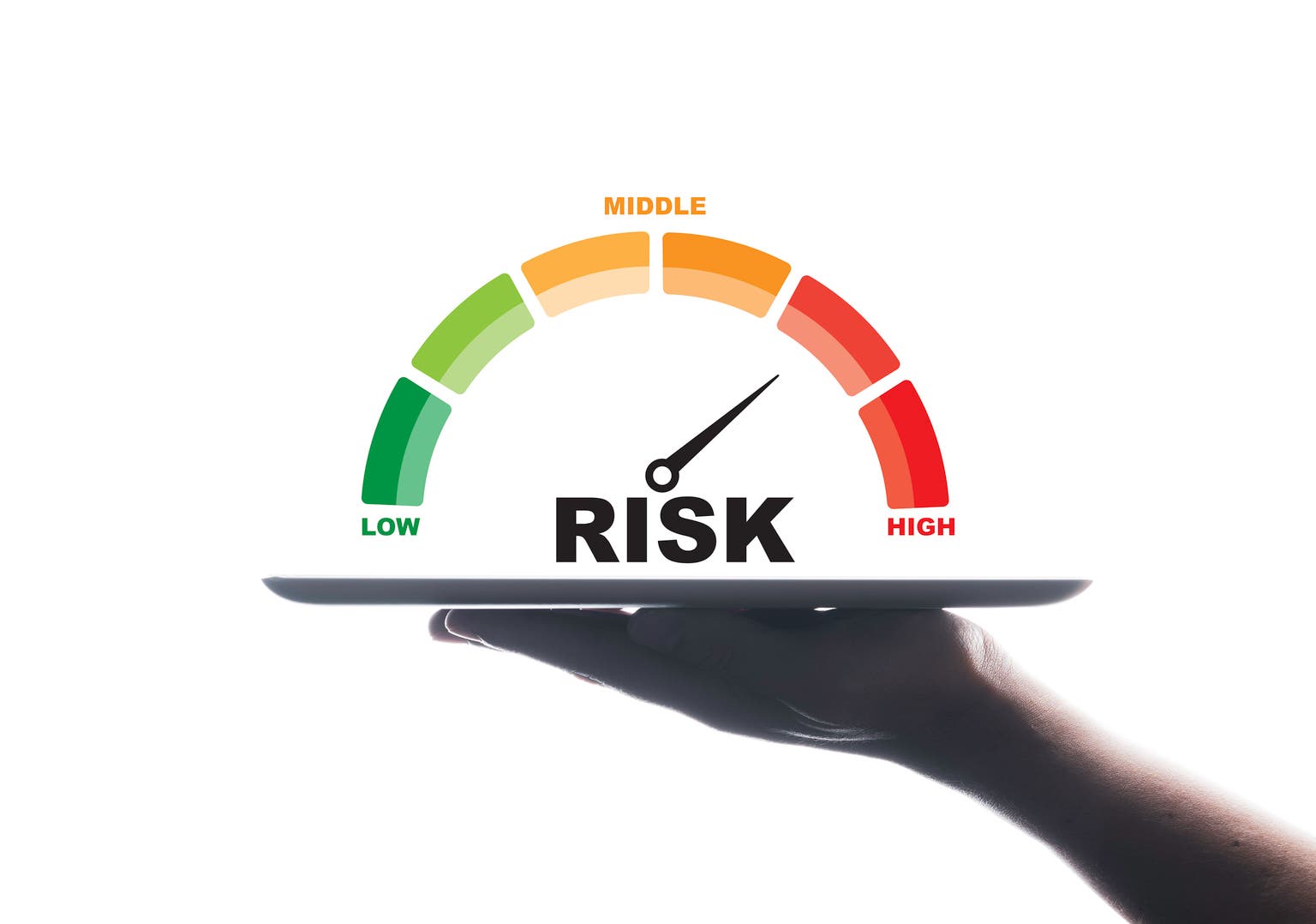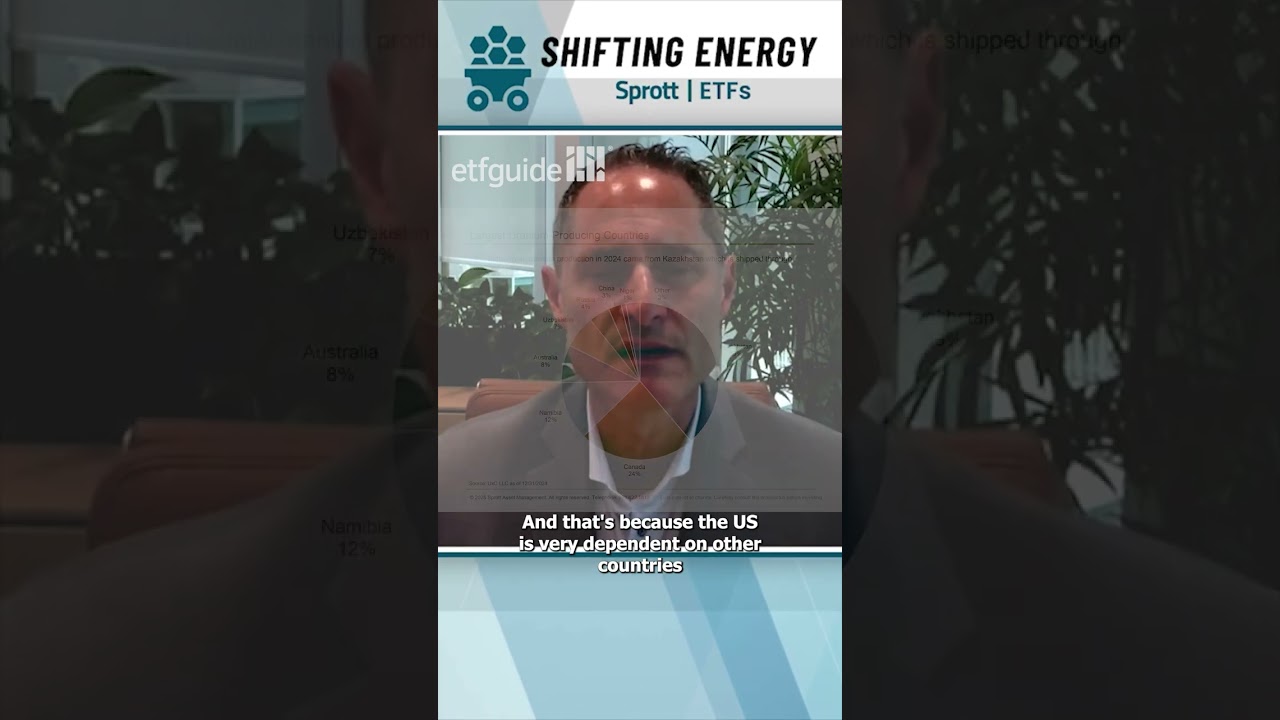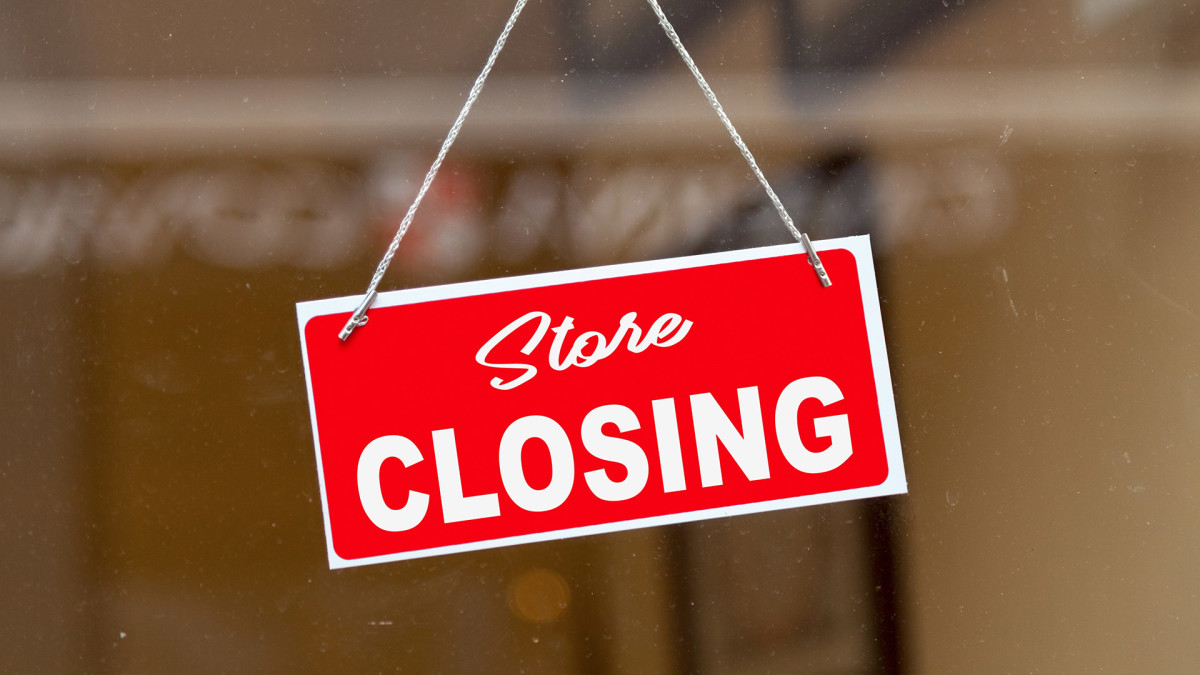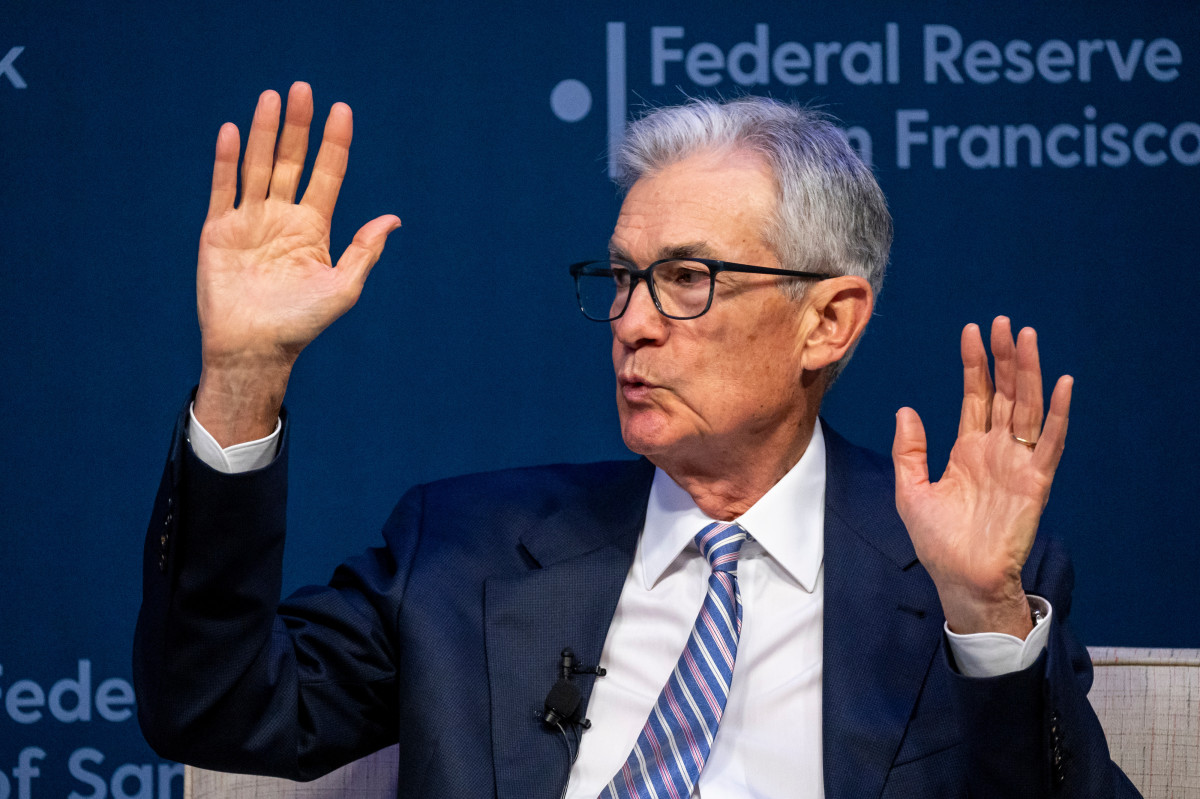Toyota makes a tariff move customers are going to hate
Toyota says this action is part of its regular economic review.

While President Donald Trump's social media posts make it seem as though his tariff moves are executed at his whim, it is clear that at least some industries have a seat at the negotiating table.
The auto industry's top executives have said they are in close contact with the White House and have even praised the president and his White House team for hearing their concerns.
However, it is also clear that Trump's interest in protecting the auto industry's bottom line is minimal.
Related: General Motors makes $4 billion tariff move
Ford, Stellantis, and General Motors — America's Big 3 automakers — have all said that Trump's tariffs will cost them billions, and they've pulled their guidance due to a lack of visibility.
Trump has made it clear to every industry that he doesn't want prices to increase, even going as far as telling companies like Walmart to just “EAT THE TARIFFS.”
So, every time the auto industry has been observed raising prices in recent months, it has denied that it has anything to do with tariffs.
Others, like Mazda, have indeed eaten the tariffs, with the Japanese automaker sending a letter to its U.S. dealers informing them that it would not raise its sticker prices or tack on import fees for any vehicles already on dealership lots or that will come into the country before May 1.
Toyota is the latest Japanese automaker to make a pricing move, but it isn't blaming the move on tariffs. Image source: Shutterstock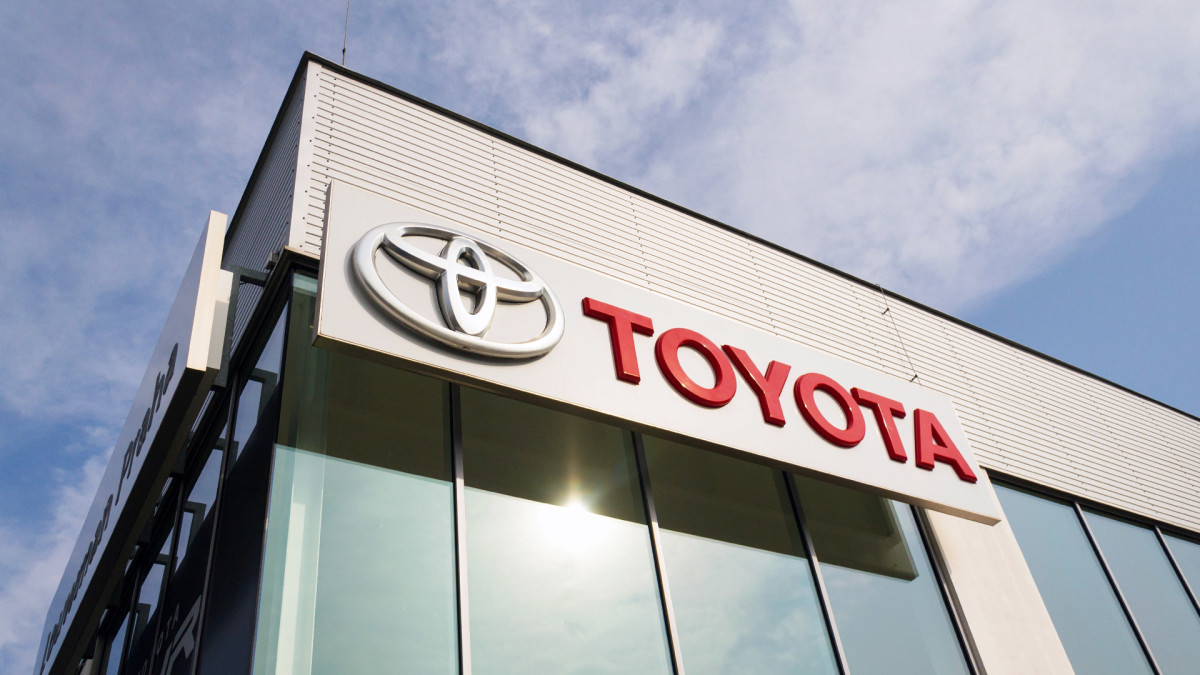
Toyota announces over $200 price increase on certain models
Toyota sold over 2.3 million vehicles in the U.S. last year, a 3.7% year-over-year increase. Between April 2024 and March 2025, the company built 1.96 million units in the U.S., according to Statista.
So, despite a U.S. production capacity that can handle nearly 2 million vehicles a year, Toyota still ships in nearly half a million vehicles from overseas to sell in the U.S.
On June 21, Toyota said that prices for several Toyota and Lexus brand vehicles will rise by an average of $270 and $208, respectively, starting in July, according to an email seen by Bloomberg.
While the price increase could be seen as a response to the 25% duties Trump has placed on auto imports, Toyota insists that the move is just part of its regular price review process.
Related: Jeep parent Stellantis ponders drastic action on struggling brand
In April, fellow Japanese automaker Mitsubishi said it would hold its vehicles in port for the foreseeable future instead of offloading them and being forced to pay duties.
"We have sufficient stock on the ground at dealers for the moment to not impact customer choice," the company said at the time.
While it was unclear how much cargo was in the ports, Mitsubishi's 330 U.S. dealers sold 109,843 vehicles in the U.S. in 2024, a 25.8% year-over-year increase and the brand's best performance since 2019.
Earlier this month, the company announced that it is raising prices on three models, also saying that the move was just a regular adjustment and not a reaction to tariffs.
Car companies raise prices, but it's not the tariffs' fault
Japanese car companies aren't the only ones afraid to pin their price increases on tariffs.
In May, Ford sent a notice to dealers saying it planned to raise prices on the Mustang Mach-E electric SUV, Maverick pickup truck, and Bronco Sport SUV by as much as $2,000 on some models.
Those vehicles are made in Mexico.
More Automotive news
- Detroit Big 3 benefit from auto tariffs now, but time is running out
- Popular Ford newcomer overtakes Jeep in a key area
- Toyota makes surprising move to beat Tesla in key market
A Ford spokesperson confirmed that the price increases will be seen on vehicles built after May 2. Those vehicles will start arriving on dealer lots in late June.
The company emphasized that its employee pricing promotion remains for all of its vehicles through the July 4 weekend.
Just like Mazda and Toyota before it, the company says the increase was due to its usual midyear pricing actions, but it was also "combined with some tariffs we are facing. We have not passed on the full cost of tariffs to our customers."
Related: Car buyers, dealers are both shocked by latest price trends




